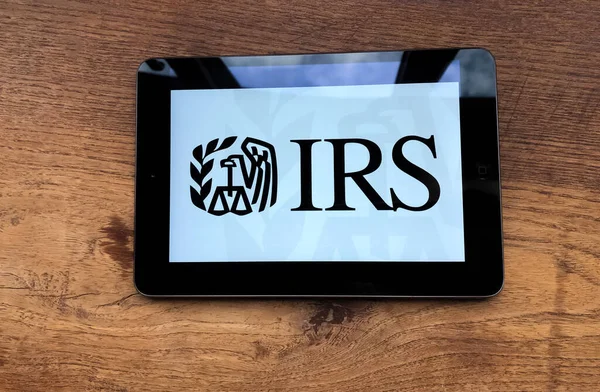The IRS has released its annual guidance on inflation adjustments for retirement provisions in 2024. The key updates include:
- For 401(k) and similar defined contribution plans, the contribution limit for participating employees will rise to $23,000 from $22,500. The catch-up contribution for those aged 50 or older remains at $7,500 for 2024.
- IRA contribution limits will increase by $500 to $7,000. The catch-up contribution limit for individuals aged 50 and over will remain at $1,000.
- Notable phase-out ranges for IRAs:
- Single taxpayers with a workplace retirement plan: $77,000 – $87,000 (up from $73,000 – $83,000)
- Married couples filing jointly (if the contributing spouse has a workplace retirement plan): $123,000 – $143,000 (up from $116,000 – $136,000)
- IRA contributor not covered by a workplace retirement plan but married to someone who is covered: $230,000 – $240,000 (up from $218,000 – $228,000)
- Married individuals filing separate returns with a workplace retirement plan: Phase-out remains between $0 and $10,000.
- The dollar limitation under Internal Revenue Code section 416(i)(1)(A)(i) for “key employees” in top-heavy plans increases to $220,000.
- The limitation for the definition of “highly compensated employee” under section 414(q)(1)(B) rises to $155,000 from $150,000.
Various other inflation adjustments for retirement-related tax provisions are included in the guidance. For the complete details, please refer to the official Notice 2023-75.
This guidance ensures that the retirement planning landscape is in line with current economic conditions and needs.
Recent Posts
Beyond Paperwork: How Your Benefits Administrator Becomes Your 2025 Benefits Strategy Partner
The 2025 Reality: Why Off-the-Shelf Plans Aren't Working Every year, the renewal notice arrives with a painful rate increase. For small and mid-sized businesses, this [...]
Due Diligence Checklist: How Strong Corporate Governance Increases Business Valuation
Whether you are raising capital, securing financing, or preparing for a sale, your company’s corporate structure and governance tell a story. That story can either [...]
7 Health Insurance Renewal Questions Every Business Owner Must Ask
Every year, business owners walk into their health insurance renewal meetings expecting a fair review, and walk out facing another unexplained increase. This year, change [...]




